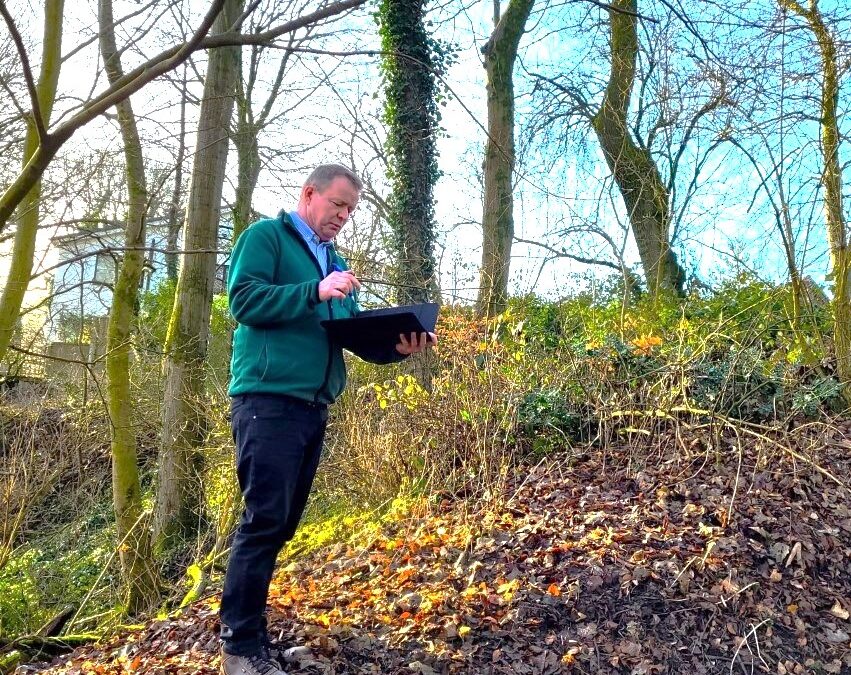Japanese Knotweed is a highly invasive plant species that has been known to cause significant damage to soil health.
This plant can grow rapidly and spread quickly, leading to soil degradation and reduced fertility over time. In this article, we will explore the long-term effects of Japanese Knotweed on soil health and what can be done to mitigate these impacts.
Reduction in Soil Fertility:
Japanese Knotweed is a dense, fast-growing plant that can quickly dominate a landscape. This can reduce soil fertility, as the plant takes up nutrients and water. That would otherwise be available to other plants. Over time, this can result in soil degradation and reduced crop yields.
Soil Erosion: The dense root systems of Japanese Knotweed can contribute to soil erosion, as they can hold soil in place and reduce runoff. This can lead to increased sedimentation in nearby waterways. Which can harm aquatic habitats and reduce water quality.
Alteration of Soil Structure: Japanese Knotweed has deep, extensive root systems that can penetrate deep into the soil. This can alter the structure of the soil, reducing its ability to retain water and nutrients. Over time, this can lead to reduced soil health and fertility.
Impacts on Native Species:
Japanese Knotweed can outcompete native plant species for resources, leading to their decline over time. This can negatively impact biodiversity and ecosystem function, as well as the services these ecosystems provide, such as pollination, pest control, and carbon sequestration.
In order to mitigate the long-term effects of Japanese Knotweed on soil health, it is important to take steps to control the spread of this plant.
This can include manually removing the plant, using herbicides, or a combination of both. Additionally, it is important to support the restoration of native plant species, which can help restore soil health and fertility over time.
Japanese Knotweed is a highly invasive plant that can significantly impact soil health over the long term. To maintain healthy soils and ecosystems, steps must be taken to control its spread and support the restoration of native plant species.
